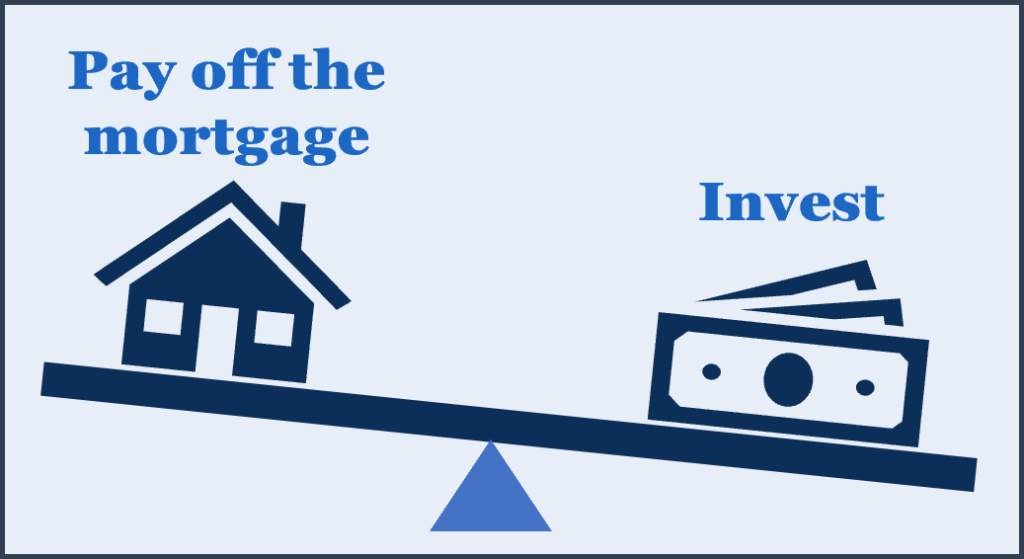
Introduction
In this segment from the Dave Ramsey show, John seeks advice on whether to pay down his mortgage or invest. Despite having a low mortgage rate of three and a quarter percent, he is hesitant to pay it off due to his inclination towards investing. Dave Ramsey provides guidance on financial priorities based on the principles of the Baby Steps.
John's Situation
John has a mortgage of about $180,000, a non-retirement savings of $90,000, and a mortgage interest rate of 3.25%. His household income is $140,000, and he has children aged five and eight. John is contributing 10% to his 401k and saving an additional 10% in general savings, not specifically designated for retirement.
The Baby Steps Approach
Emergency Fund and Debt-Free Except for Mortgage: John has successfully completed the initial steps of the Baby Steps, having an emergency fund and being debt-free except for his mortgage.
Investing for Retirement (Baby Step 4): The recommended step is to invest 15% of household income for retirement. John is contributing 10%, indicating room for improvement in this area.
Saving for Kids' College (Baby Step 5): John has started saving for his children's college education through a 529 plan.
Pay Off the House Early (Baby Step 6): The key question is whether John should focus on paying down his mortgage or invest the surplus.
Ramsey's Advice
Increase Retirement Contributions: Ramsey advises increasing retirement contributions to meet the 15% target.
Allocate Surplus to Mortgage: With $90,000 in non-retirement savings, Ramsey suggests using a portion to establish or bolster an emergency fund. The remaining surplus should be directed towards paying down the mortgage aggressively.
Benefits of a Paid-Off House: Ramsey emphasizes the benefits of having a paid-off house, citing increased stability, reduced risk, and enhanced financial confidence. He notes that a significant percentage of millionaires have reached that status by paying off their homes early.
Risk and Stability: Ramsey highlights the importance of reduced risk and increased stability in personal and financial decisions, suggesting that having a paid-off home provides a solid foundation for overall life decisions.
Conclusion
While investing is essential, Ramsey's advice prioritizes the psychological and financial benefits of a paid-off home. The goal is not merely a financial calculation based on interest rates but an approach that encompasses risk reduction, stability, and long-term financial success. Ramsey encourages John to focus on paying down his mortgage aggressively, aligning with the principles of the Baby Steps.
Note: The advice provided is based on the specific context presented in the transcript. Individual financial situations may vary, and personalized advice from a financial professional is recommended.
